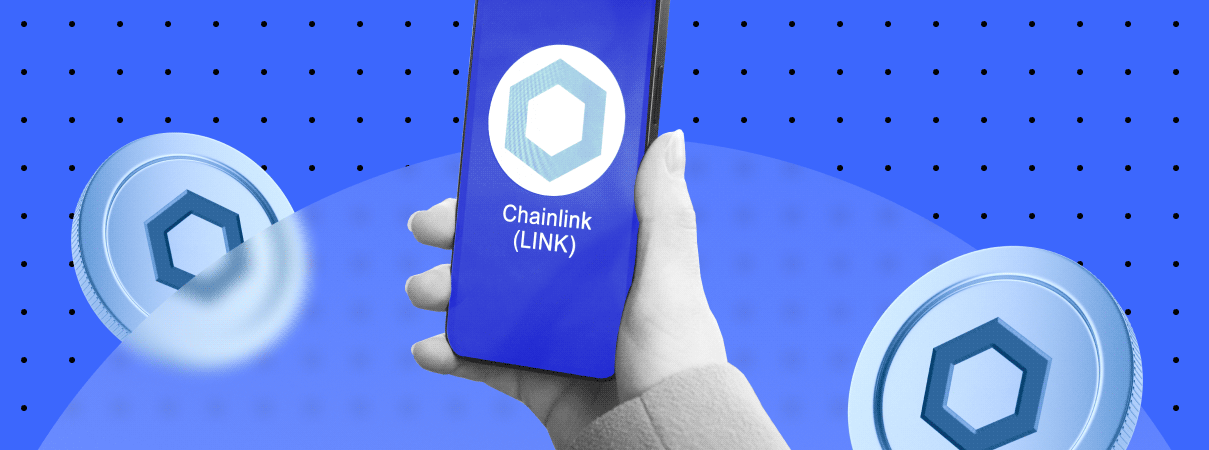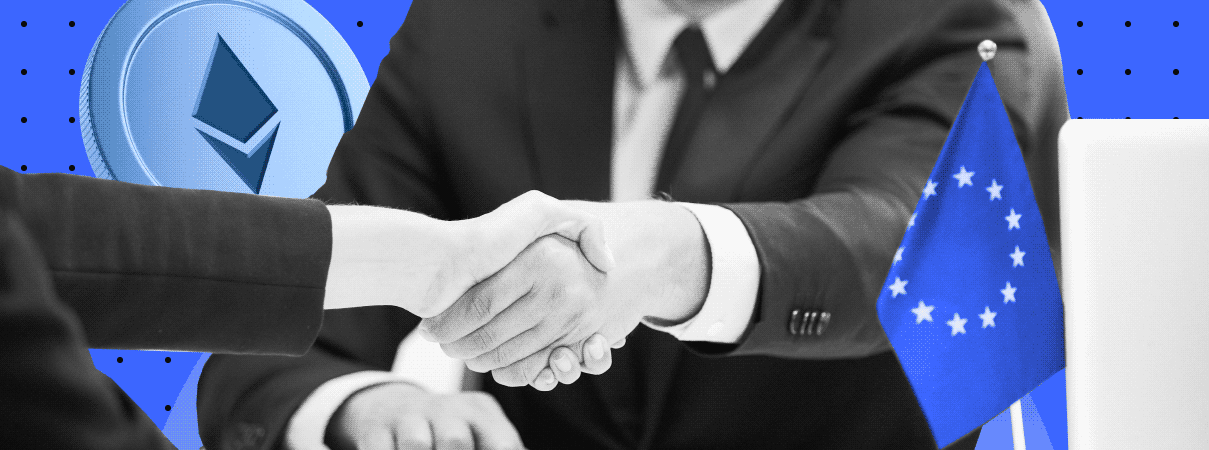Citigroup announced the launch of a private blockchain network, Citi Token Services. The initiative will allow institutional clients to issue deposit tokens for cross-border payments, liquidity transfers, and automated trade finance solutions.

Citigroup, one of the world’s largest financial conglomerates managing over $1.8 trillion in assets, announced the launch of Citi Token Services, a private blockchain network for institutional clients.
The initiative will enable investment and pension funds, insurance organizations, and credit unions to make cross-border payments, provide liquidity, and use automated trade finance solutions on a 24/7 basis. According to Shahmir Khaliq, Global Head of Services at Citi, digital assets can improve the financial system by applying new technologies to existing legal instruments and established regulatory frameworks.
An official statement from Citigroup said Citi Token Services would enable institutional clients to access the following capabilities:
- Programmable transfer of tokenized deposits via smart contracts. The service will offer instant payments to service providers. Citigroup tested this feature with Danish company Maersk as part of pilot trials, proving the service’s ability to reduce transaction processing times to minutes.
- Transfer liquidity between Citi branches on a 24/7 basis. Ryan Rugg, Global Head of Digital Assets at Citi Treasury and Trade Solutions (TTS), said the service provides clients with a new tool to manage global liquidity on a programmable basis, eliminating the impact of human factors or delays related to branch hours.
Citi Token Services is built on a DLT-based network with private access. The network is managed and maintained by Citi. Customers don’t need to run nodes to access the services. Citigroup also plans to test the Regulated Liabilities Network (RLN) infrastructure for commercial cash tokenization as part of the service.
TradFi participants consider deposit tokens more and more often as an alternative to stablecoins. Thus, the Swiss Bankers Association (SBA) sees them as a potential for developing the local digital economy. Several major banks in South Korea are conducting research on deposit tokens, and JPMorgan has started developing a blockchain infrastructure for their use.









